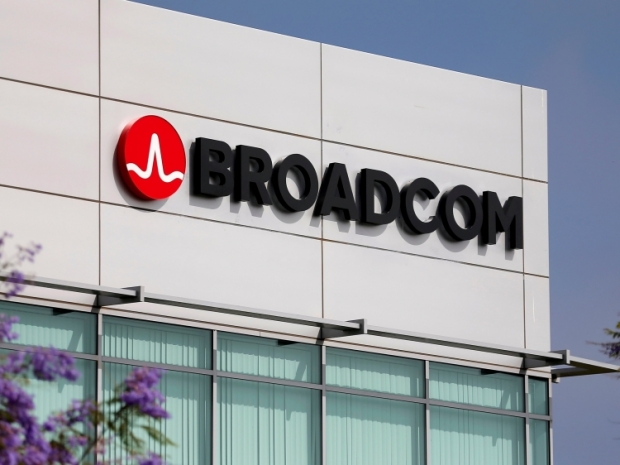The CA deal, outlined in a joint statement from the companies, comes just four months after US President Donald Trump blocked Broadcom's $117 billion hostile bid for semiconductor peer Qualcomm Inc, arguing it posed a threat to national security and gave an edge to Chinese companies looking to build next-generation wireless networks.
Since then, Broadcom has redomiciled from Singapore to the United States, placing it formally outside the purview of the Committee on Foreign Investment in the United States (CFIUS), the government panel that reviews deals for potential national security risks.
The move took Wall Street by surprise and drove Broadcom shares down seven per cent in after hours trading. Investors and analysts scrambled to identify potential synergies, as the deal looked more like a financial investment rather than a combination of complementary businesses.
Broadcom's chips power smartphones, computers and networking equipment. CA, on the other hand, specialises in software for so-called mainframes, big servers that companies are gradually replacing with cloud computing, and has been seeking to expand in business software.
Broadcom Chief Financial Officer Tom Krause defended the deal's rationale in an interview, pointing to experience the company already has beyond chips, in selling networking gear to big businesses operating data centres.
Last year, Broadcom acquired networking gear company Brocade Communications Systems for $5.5 billion. Brocade's networking gear often connects to mainframes provided by Big Blue and those are the same mainframes that much of CA's software caters to, Krause said.
"What we do is buy mission-critical technology businesses", Krause said. "CA is a mission-critical technology.... We've been pretty impressed not only with (CA's) management, but also the team that CA has built around these core franchises that we value."




